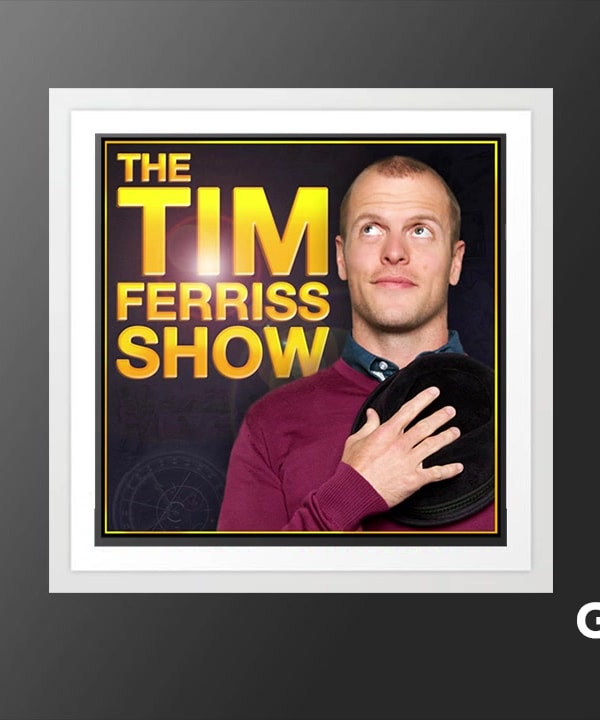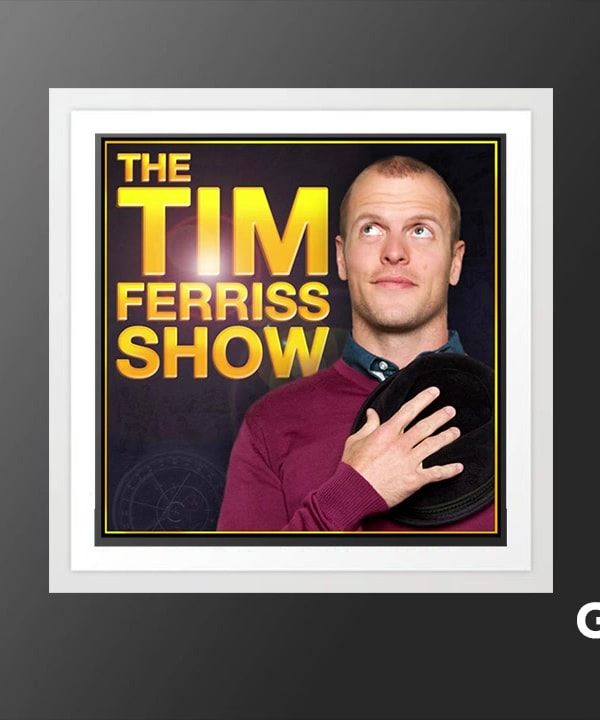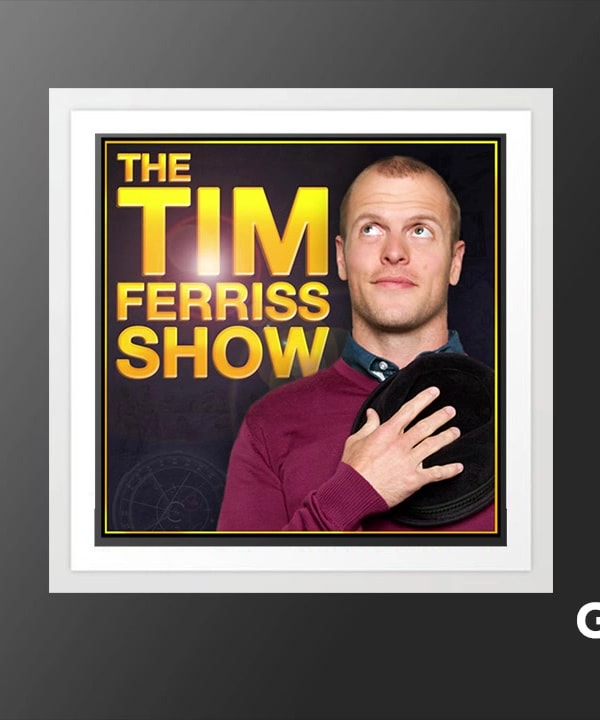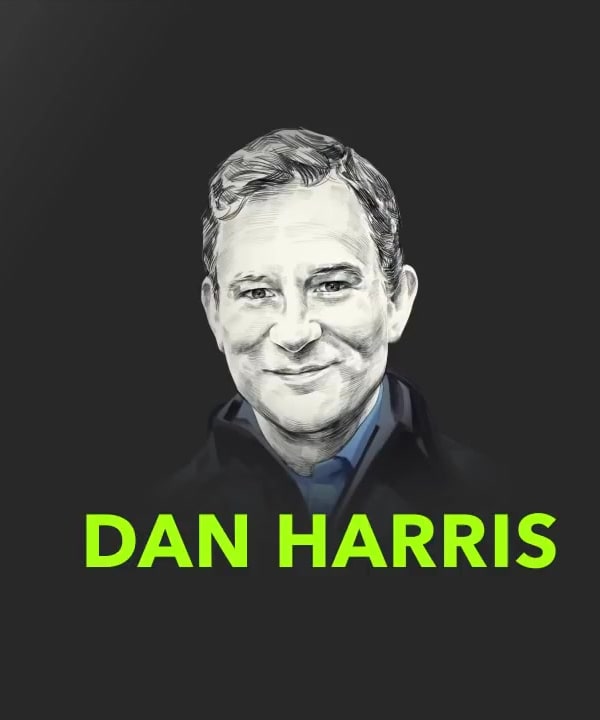What is the destructive power of ego?
Sources:
The destructive power of ego is a recurring theme in Tim Ferriss's discussions, often highlighted through personal and historical examples. Here are several key insights:
-
Ego in Creative and Professional Fields:
- Ego can lead to ruin when it becomes more prominent than one's abilities or reality. Ryan Holiday discusses how Kanye West, despite being a musical genius, faced financial troubles with his fashion line. His unchecked ego in this new field, as compared to his disciplined effort in music, serves as an example of how ego can shut doors even for the accomplished 1.
-
Historical Illustrations:
- The case of Ulysses S. Grant is another poignant illustration. After his successful military career, he entered the presidency and later financial ventures, areas he wasn't skilled in, partly driven by his ego to succeed and impress others. This led to significant personal and financial downfall, showcasing how ego can push individuals beyond their capabilities and into failure 2.
-
Perception and Reality:
- Holiday explains that ego distorts our connection to reality, preventing us from seeing and acting on what is truly beneficial or necessary. It can lead to a need for constant validation and control, disrupting both personal growth and creative processes. The quote, "if you start believing in your greatness, it is the death of your creativity," encapsulates this concept well 3.
-
Ego in Personal Struggles:
- Dan Harris recounts how his ego led him into professional and personal crises, including a panic attack. His realization of the ego as a fundamental, often invisible force driving harmful behaviors marked a turning point in his journey towards meditation and self-help, despite initial confusion over how to practically address it 4.
Overall, the destructive power of ego lies in its ability to disconnect individuals from reality, inflate their sense of self to unmanageable proportions, and lead to failures in both professional and personal domains.
RELATED QUESTIONS-



